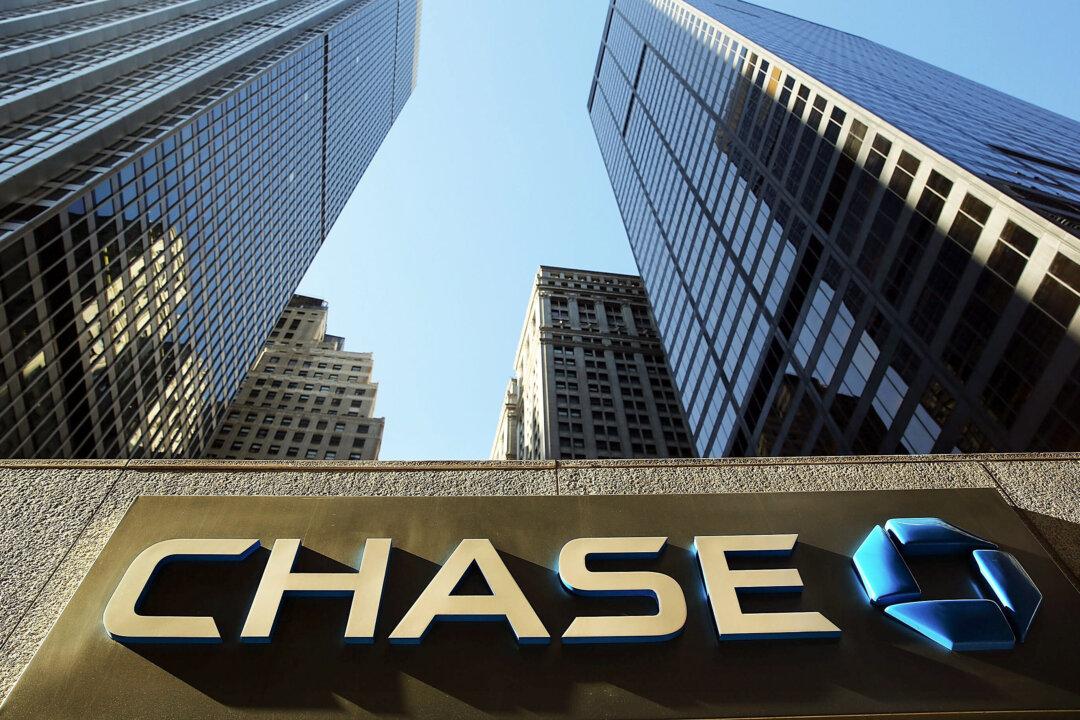JPMorgan Chase has voluntarily dismissed its lawsuit against Tesla, bringing an end to the nearly three-year legal battle over a series of stock warrants and Elon Musk’s infamous 2018 post on Twitter, now X, about taking Tesla private.
The stipulation of voluntary dismissal was entered on Nov. 29 at the U.S. District Court for the Southern District of New York and signed by attorneys for both parties. The case has been dismissed with prejudice, meaning that JPMorgan can’t refile the lawsuit.





